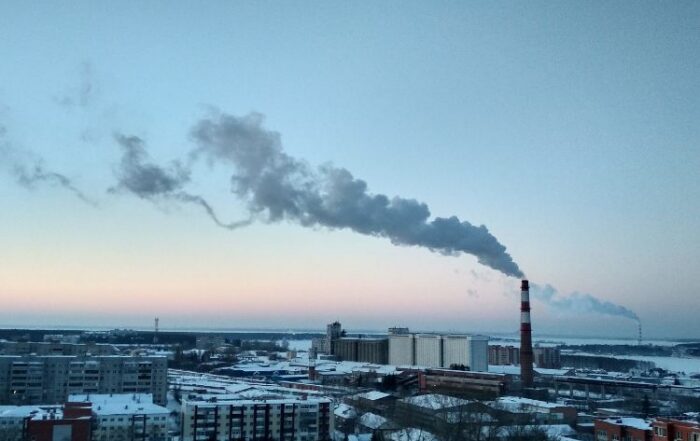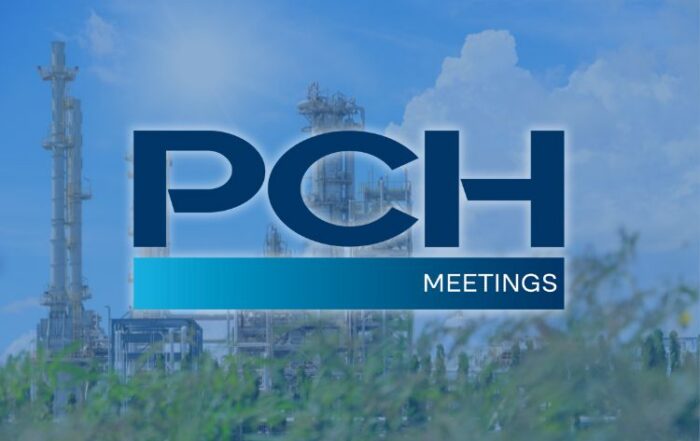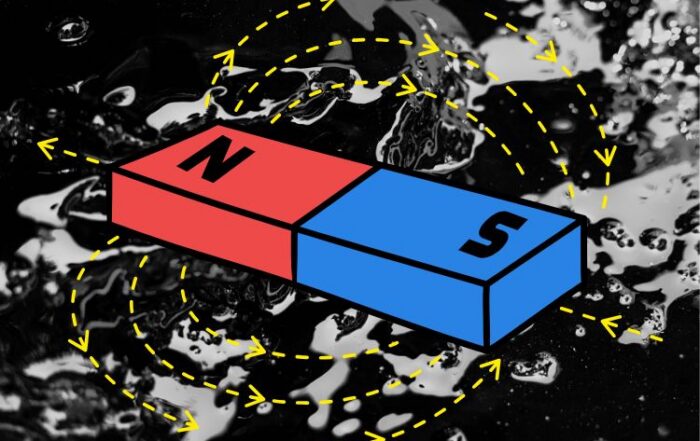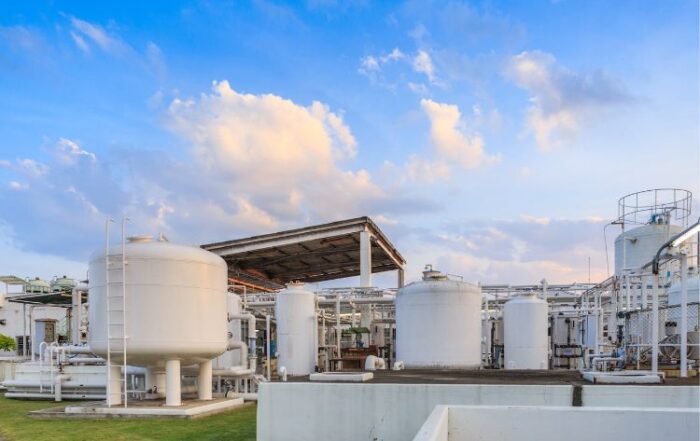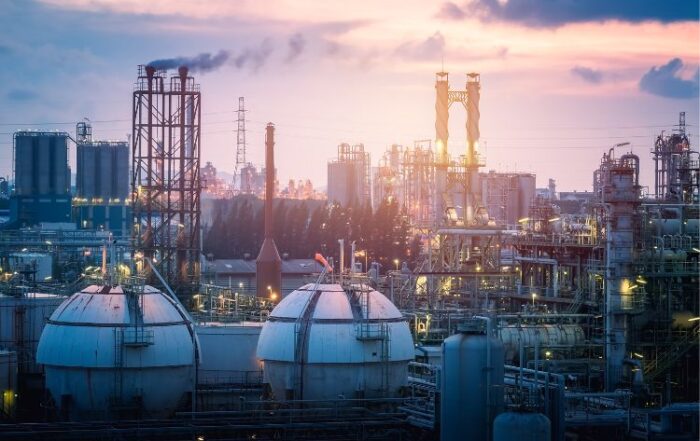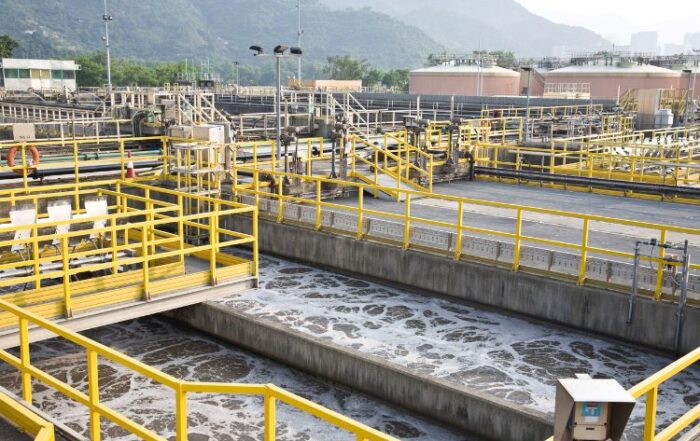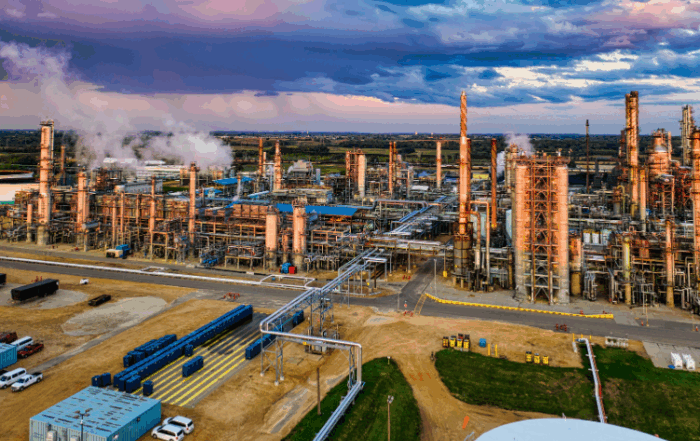Vertical Pumps – BT Series
Heavy-duty reinforced sump pumps for corrosive and abrasive liquids
The BT Series Vertical Sump Pumps from Tecnium are designed for the continuous transfer of corrosive and abrasive fluids from tanks, pits, or sumps. Constructed in solid thermoplastic materials, these pumps ensure reliable operation in harsh chemical environments where metal pumps would quickly deteriorate. Their cantilevered shaft design and dry-running capability make them ideal for applications requiring safe, maintenance-free operation.
.
Design and Construction
BT sump pumps feature a reinforced, cantilevered vertical design that eliminates the need for immersed bearings, making them capable of dry-running operation without damage.
- Depth: up to 1.2 m (47 in)
- Cantilevered shaft: fully supported from the top flange, avoiding submerged mechanical components
- Construction: machined from solid thermoplastics for maximum rigidity and corrosion resistance
- Reinforced column design: ensures stability under high hydraulic loads
- Drive system: direct motor coupling with vertical alignment
The BT Series is available with optional baseplates or custom mounting flanges for direct tank installation.
.

Performance and Range
- Flow rate: up to 450 m³/h (1,980 gpm)
- Head: up to 100 mcl (328 ft)
- Operating depth: up to 1.2 m
- Configuration: single-stage vertical sump design
- Dry-running design: allows intermittent operation without liquid
These performance parameters make the BT Series ideal for continuous industrial service in environments with aggressive chemical compositions or variable liquid levels.
.
Applications
The BT Series is widely used across industries where chemical resistance and reliability are essential:
- Chemical and petrochemical industries – transfer of aggressive acids, alkalis, and solvents
- Water and wastewater treatment (WWTP) – recirculation, sludge transfer, neutralisation tanks
- Mining and metal processing – abrasive slurry and effluent handling
- Surface treatment plants – acid pickling, anodising, and galvanic processes
- Fertiliser and phosphoric acid production – reliable pumping under corrosive atmospheres
.
Downloads:
Plastic Pumps Materials of Construction – English – 156 KB
Plastic Pumps Catalogue – English – 1.17 MB
Technical Advantages
- Dry-running operation without submerged bearings
- Cantilevered shaft design preventing contamination or leakage
- Solid thermoplastic construction for maximum corrosion resistance
- Low maintenance and long service life
- DIN 2501 flanges (ANSI 150 lbs optional)
- CE Machinery Directive compliant, ATEX versions available
Materials: Plastic
The BT Series is available in a full range of corrosion-resistant thermoplastics to ensure compatibility with a wide variety of industrial chemicals:
- PP (Polypropylene) – general chemical resistance to acids and alkalis
- UHMW-PE (Ultra-High Molecular Weight Polyethylene) – abrasion-resistant for slurry applications
- PVDF (Polyvinylidene Fluoride) – excellent for oxidising agents and high temperatures
- E-CTFE (Ethylene Chlorotrifluoroethylene) – superior chemical and thermal stability
- PVC (Polyvinyl Chloride) – cost-effective for moderate conditions
- PTFE (Polytetrafluoroethylene) – ultimate chemical inertness
More information
Give us your contact details and we will advise you on the best solution for your application.
View also
How Gas Scrubbing Technologies Will Drive Decarbonisation in the Chemical Sector
Decarbonisation as the Urgent Challenge for the Chemical Industry The chemical industry is entering one of the most transformative decades in its history. As regulatory pressure intensifies and global climate targets advance, [...]
Tecnium to attend PCH Meetings 2025 in Lyon
Leading Innovation in Chemical Process Equipment Tecnium will participate in the 21st edition of PCH Meetings, the leading international business convention for process, chemical, petrochemical, and pharmaceutical industries, to be held on [...]
Magnetic Drive Pumps: The Science Behind Leak-Free Chemical Transfer
Why Magnetic Drive Technology Matters In industrial environments where safety, reliability, and chemical containment are critical, even a small leak can have major consequences. Traditional centrifugal pumps, which rely on mechanical seals [...]
Biofiltration for Air Pollution Control
Introduction to Biofiltration and Air Pollution Control Air pollution control is a persistent challenge across multiple industries — from wastewater treatment to chemical manufacturing, food processing, and beyond. As regulations grow stricter [...]
ECHA 2025 Report
Why the ECHA 2025 Report Matters The European Chemicals Agency (ECHA) plays a central role in regulating the safe use of chemicals across the European Union. Through its guidance, risk assessments, and [...]
A Key Element for Environmental Protection in WWTPs
Why Gas and Odour Emissions in WWTPs Are an Environmental Issue Wastewater treatment plants (WWTPs) play a critical role in safeguarding public health and the environment. However, the treatment process itself can [...]
Green ammonia: The fuel of the future
What is green ammonia and how is it produced? Green ammonia is an environmentally friendly alternative to conventional ammonia, produced without fossil fuels or carbon emissions. While traditional ammonia synthesis relies on [...]
Chemical sector decarbonisation
How Scrubbing Technologies can help Despite growing environmental awareness and ambitious climate targets, the chemical industry remains one of the most fossil-fuel-dependent sectors in Europe and beyond. From ammonia to methanol, production [...]
The Critical Chemical Alliance
Europe’s Industrial Comeback Strategy In a decisive move to reinforce industrial resilience and regain sovereignty in key manufacturing sectors, the European Commission has announced the upcoming launch of the Critical Chemical Alliance. This [...]
Industrial gas scrubbing in the metallurgical industry: Efficiency, compliance and sustainability with Tecnium
In the metallurgical sector, industrial gas scrubbing is a key technology to ensure operational sustainability and compliance with increasingly stringent environmental regulations. Smelting, refining, coating, and metal surface treatment processes generate emissions with high [...]

